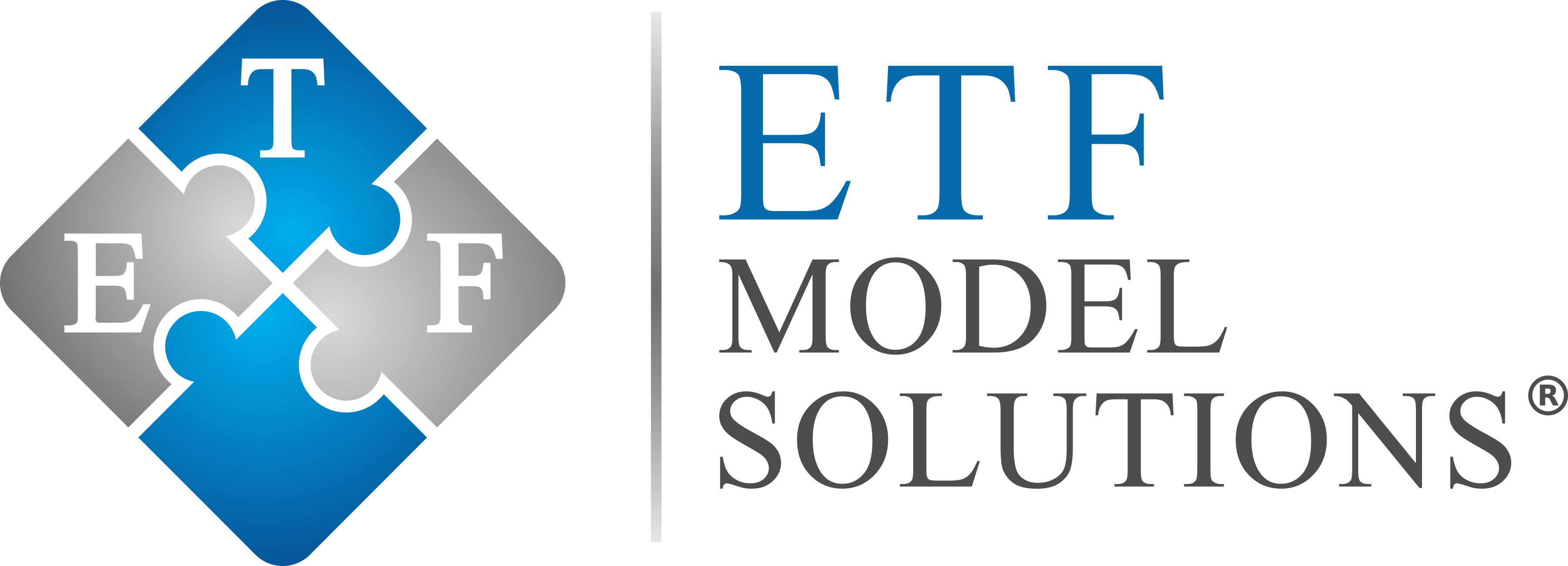Turnkey Asset Management Platforms (TAMPs) Help Advisors With Outsourced Investment Management
Many consumers believe that an advisor’s job is to pick investments and manage portfolios. A recent article by Morey Stettner highlights that outsourcing trends indicate
